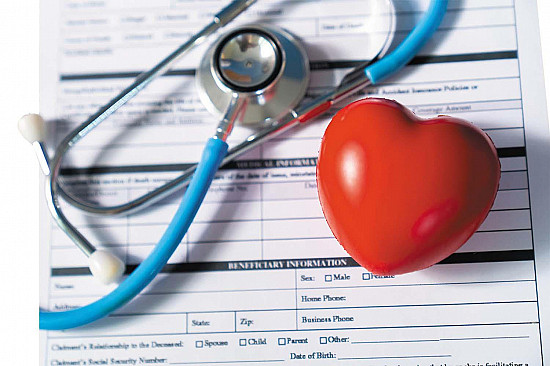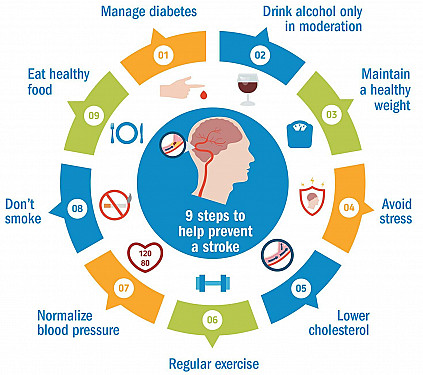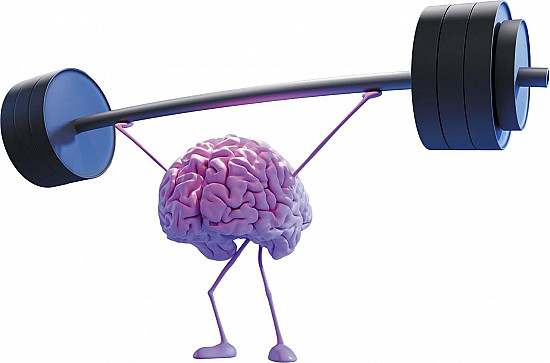Drinking coffee and tea linked to lower stroke risk
Research we're watching

Coffee, tea — or both? People who sip several daily cups of either or both beverages may be less likely to have a stroke than people who don't drink either, new research reports.
The study relied on data from 365,000 people who described their typical coffee and tea consumption. The participants were ages 50 to 74 when they joined the study, from 2006 to 2010.
During a median follow-up period of 11.4 years, researchers found a 32% lower risk of stroke among people who said they drank two to three cups of coffee and two to three cups of tea daily compared with people who drank neither beverage. The findings were published Nov. 16, 2021, in PLOS Medicine.
While the findings can't prove that consuming these popular drinks was responsible for the reduced stroke rates, earlier studies have seen similar trends. Both coffee and tea contain a range of plant-based compounds, called polyphenols, thought to promote healthy blood vessels and dampen inflammation.
Image: © Nikolay Ponomarenko/Getty Images
About the Author

Julie Corliss, Executive Editor, Harvard Heart Letter
Disclaimer:
As a service to our readers, Harvard Health Publishing provides access to our library of archived content. Please note the date of last review or update on all articles.
No content on this site, regardless of date, should ever be used as a substitute for direct medical advice from your doctor or other qualified clinician.















